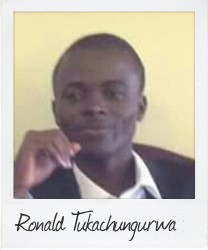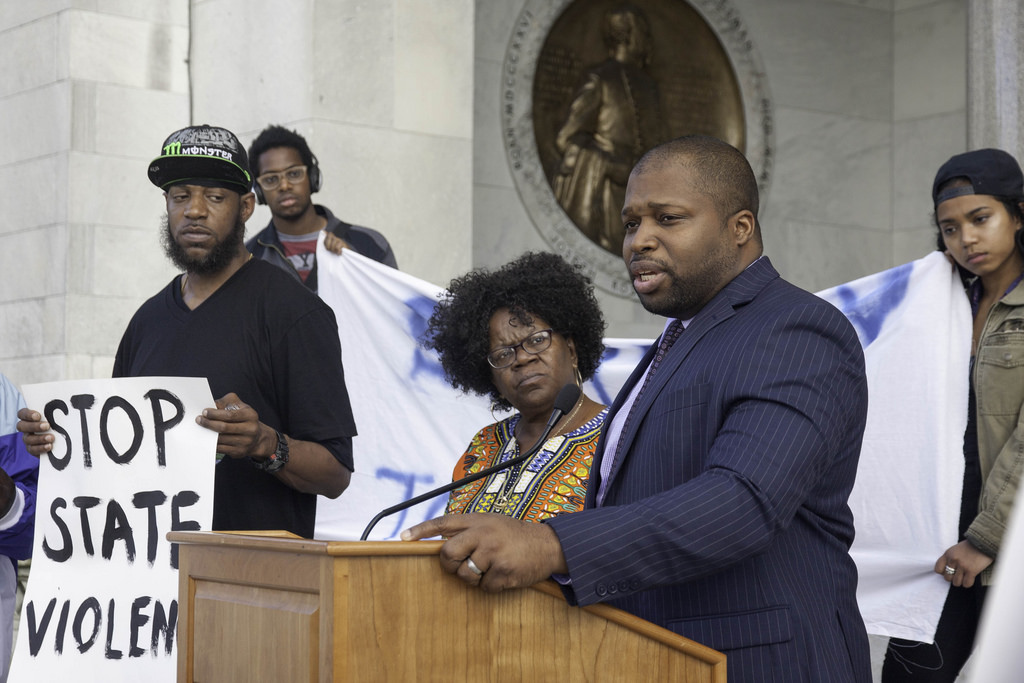“The law says nobody deserves to be tortured”
July 7 The UN has adopted the Convention Against Torture, but Ronald Tukachungurwa, 25, a Commonwealth Correspondent from Kampala in Uganda, argues that states must do more to ensure they are in compliance with the UN and constitutional laws.
The UN has adopted the Convention Against Torture, but Ronald Tukachungurwa, 25, a Commonwealth Correspondent from Kampala in Uganda, argues that states must do more to ensure they are in compliance with the UN and constitutional laws.
On certain Ugandan streets, billboards are hung with a message condemning torture, while in hospitals, schools, police stations and other public buildings, posters are pinned to walls with messages about condemning and prevention of torture.
Torture is one of the most heinous crimes. With the adoption of the UN Convention Against Torture (CAT), one would not expect acts of torture to be performed. More perturbing is the fact that, too often, state agencies are the perpetrators of torturous acts. Uganda has the Anti-Torture Act, despite there being reports of torture incidents without prosecution.
Unlike its predecessor texts, the Ugandan 1995 Constitution introduced a full chapter about the protection of human rights. Article 24 guarantees a freedom from torture in that “No person shall be subjected to any form of torture or cruel, inhuman or degrading treatment or punishment.”
It is worth noting that while certain rights may be limited or denied, Article 44 of the supreme law lists four rights that cannot be denied or limited to a person. These are freedom from torture and cruel, inhuman or degrading treatment or punishment; freedom from slavery or servitude; the right to fair hearing; and the right to an order of habeas corpus. However, recent trends seem to prove that the law is more of ink on paper than meaningful words.
Article 20 (2) of the law enjoins all agencies of Government and all persons to respect, uphold and promote the rights and freedoms of the individual and groups enshrined in the law. In Uganda, the police force continues to be criticised for brutalising the public and using unfair methods to clamp down the opposition masses. Recent gruesome pictures in the media showing the torture of suspects by the police are so alarming that the president had to write a letter to all heads of security to arrest the perpetrators of these acts.[1]
The much-dreaded and now infamous Nalufenya prison has become a torture-chamber like that of the 1970s dictatorial regime.[2] Criminal suspects who claimed to have been tortured by members of the police and military were arraigned in courts of law with wounded bodies, but police denied using torture methods and instead took over two weeks to arrest the perpetrators.
As one commentator recently wrote, one can do anything when in power, but will understand the effect after becoming powerless. Uganda and the world at large must join the fight in condemning acts of torture, but one thing for sure is that nobody deserves to be tortured!!!
[1] Uganda President Museveni warns against torture use http://www.bbc.com/news/world-africa-39936447
[1] Uganda: Legislators Tell Govt to Close Nalufenya http://allafrica.com/stories/201705250137.html
photo credit: CT Senate Democrats Winfield Rallies Against Solitary Confinement and Excessive Force via photopin (license)
…………………………………………………………………………………………………………………
About me: I am a Ugandan lawyer, currently volunteering at the International Law Institute in Kampala. I am also the Ugandan Resident Director at the Africa Law Times, an online legal journal that promotes writings about events in Africa. In 2014, I was Uganda’s representative at the Commonwealth Moot Court Competition in London.
I am passionate about research writing, democracy and human rights, international law, criminal and humanitarian law, and I intend to become an international lawyer and policymaker.
…………………………………………………………………………………………………………………
Opinions expressed in this article are those of the author and do not necessarily represent the views of the Commonwealth Youth Programme. Articles are published in a spirit of dialogue, respect and understanding. If you disagree, why not submit a response.
To learn more about becoming a Commonwealth Correspondent please visit: http://www.yourcommonwealth.org/submit-articles/commonwealthcorrespondents/
…………………………………………………………………………………………………………………
[1] Uganda President Museveni warns against torture use http://www.bbc.com/news/world-africa-39936447




